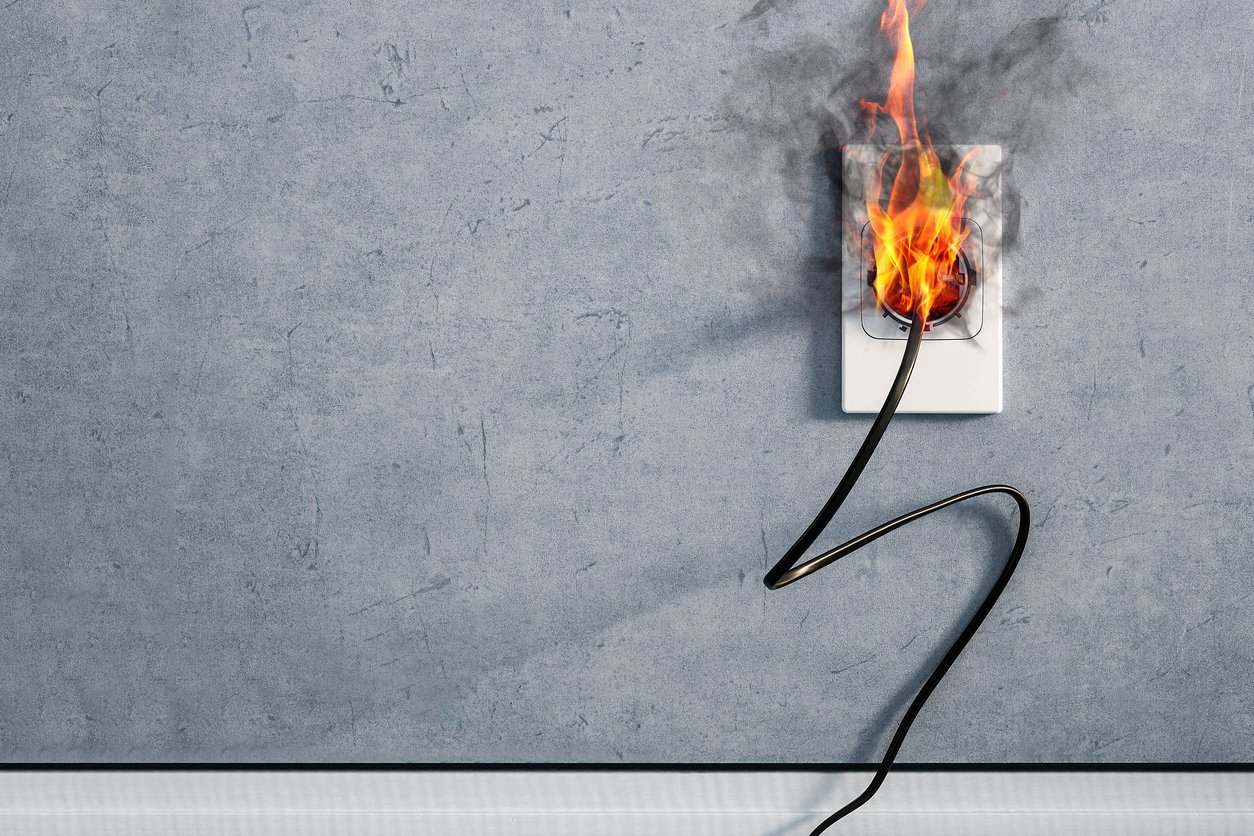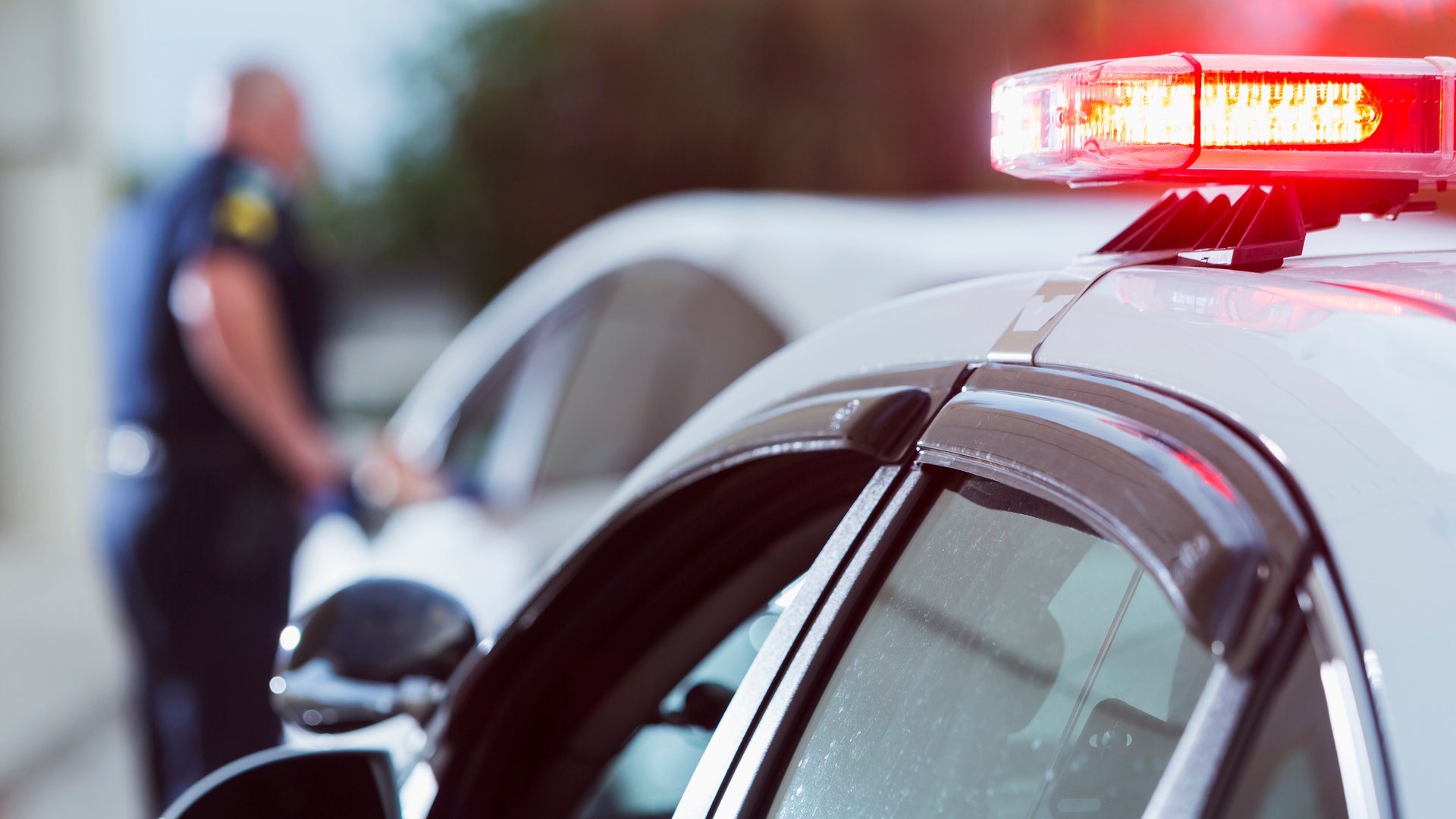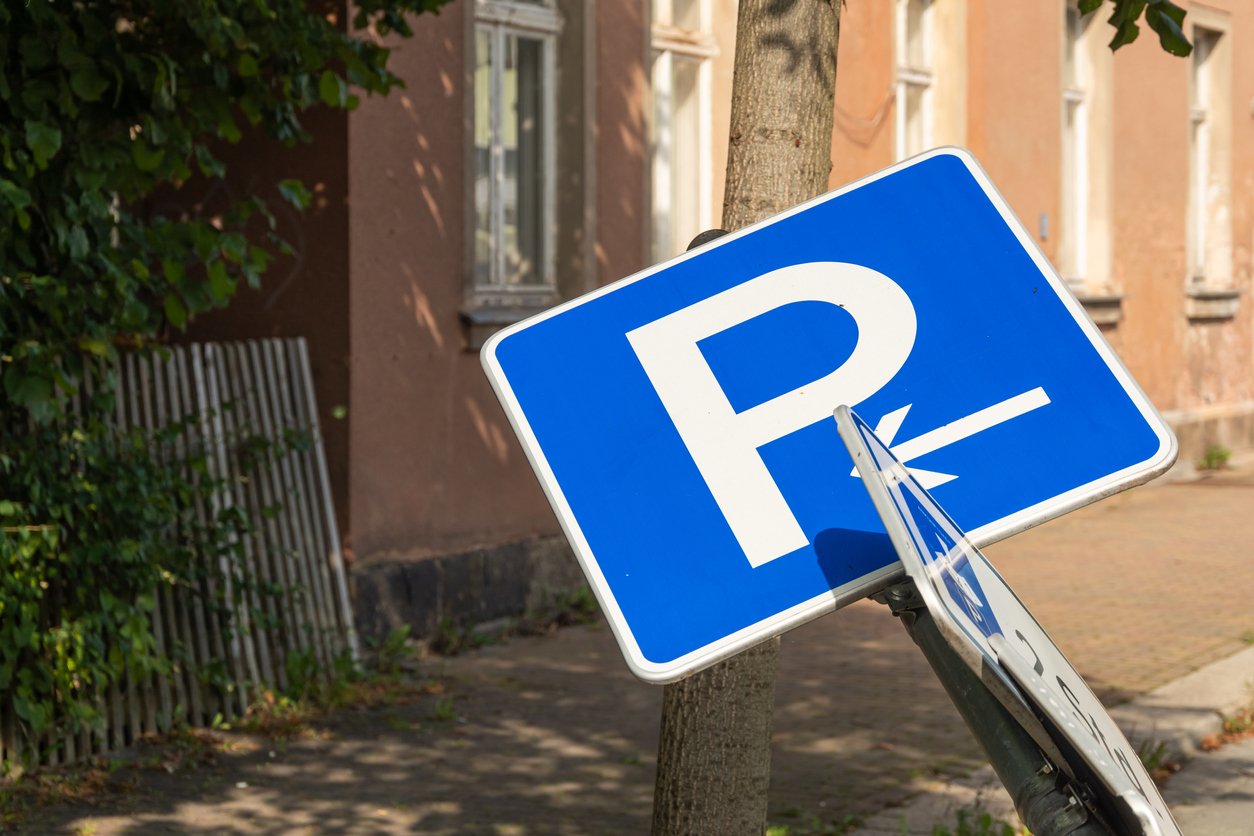Between January 2015 and December 2019, 3,045 construction workers were injured on the job in New York City. Many of those workers had spouses and children.

Relevant & Important Information About Personal Injury Law So You Can Be In The Know

Between January 2015 and December 2019, 3,045 construction workers were injured on the job in New York City. Many of those workers had spouses and children.
Topic: medication-errors, Medical, malpractice, healthcare

When it comes to medical malpractice, routine procedures may not make the headlines like other operations. Nevertheless, a significant proportion of routine procedures result in injury to the patient, or even death.

Valid insurance claims can be denied for several reasons. You may have suffered injury caused by a traffic accident, being on an employer or other business's premises, or injured working on a construction site. Whatever the cause, you may be entitled to compensation and damages. There are basic procedures to follow when submitting a valid claim, and the insurance company must also follow certain procedures when they receive a claim. Despite everything, insurance claim denial happens, but you also have options.
There are some obvious and sensible steps to take if you receive written notification that your insurance claim has been denied. Your initial response may be anything from anger to disappointment, or deciding to just "throw in the towel." The best thing to do is to study the denial and decide what practical steps to take.
If your workers' comp claim is denied, the company will issue a "notice of controversy" and file it with the Workers' Compensation Board for review. Either party may appeal the review decision, and it will go to a separate review panel for further consideration. If you disagree with the second review, you may decide to make an appeal to the Appellate Division of New York's Supreme Court.
Injury claims may run smoothly or they may not. If you, the claimant, are dissatisfied with how your valid claim is handled, you have options. The legal standards are complex, but we hope these basic guidelines will help you understand the steps. While you may decide to handle everything yourself, you may also choose to seek legal advice on what to do and how to do it. Simply click here to contact us so we can arrange a free, initial discussion.
 Even if you haven't yet personally experienced an incident that would necessitate a product liability/personal injury case, knowing all there is to know about the particulars of such cases beforehand can be a critical lifesaver. The following are some of the most important factors to keep in mind when it comes to personal injury and product liability cases in general.
Even if you haven't yet personally experienced an incident that would necessitate a product liability/personal injury case, knowing all there is to know about the particulars of such cases beforehand can be a critical lifesaver. The following are some of the most important factors to keep in mind when it comes to personal injury and product liability cases in general.

You often hear the stories friends tell about getting pulled over or maybe it was you telling the story. Many people have a general idea of what to do when they get pulled over by an officer, but they don't know what exactly to do. It's similar to as a child you had a general idea of how to drive but you don't know completely until someone teaches it to you. Here are the do's and don't of getting pulled over by an officer:.
No matter how tempting it may seem, ignoring the officer will put you in a precarious situation and can quickly escalate the situation. Turn on your emergency lights and pull over to a safe area. Compliance will provide a good image and this is beneficial to you.
It's common to feel nervous about getting pulled over, but you shouldn't panic. Take deep and slow breaths. Unless you've done something out-rightly criminal, you have nothing to worry about. At most, you'll have to pay a fine and your insurance may go up a bit.
Cops are people too and sometimes they may write you off with only a warning if you are courteous enough. They aren't out to get you like they are commonly misconstrued.
Don't expedite the process by giving your documents before the officer asks for it. They may be prepared to simply give you a warning, but your help can secure your ticket without even giving it a chance.
Once again, officers are human too and being civil is simply common courtesy. Also, if the officer has to give a testament or report in the court, being civil would have helped your case.
The side of the road isn't a place to argue about a charge. Arguing is done in the court in front of a judge.
A citation isn't an admittance of guilt. It simply confirms that you received the citation and agree to either 1) pay a fine or 2) appear in court.
Don't do any unnecessary movements. Officers are just as nervous as you are. If you have a gun, some states require that you inform the officer beforehand. Officers can feel threatened if you are constantly moving or reaching under your seat. Sudden movements are highly discouraged.
Don't ignore the officer and treat the officer as if they were another human, which they are. Being courteous or polite is always beneficial regardless of whether you receive a citation or not and acting civil is also advantageous to you as well. In addition, don't expedite the process and wait until the officer asks for documentation. Unnecessary and sudden movements are highly discouraged. If you find yourself in need of a legal expert or are interested in more information about legal situations, contact us.

The short answer is, "Yes, you can - but." There are several "buts" to be taken into account. Successfully suing New York City because a street sign falls on you depends on specifics which we will discuss. The important thing is where does the fault for the injury lie? It may be with the city itself, a city employee's actions or inactions, someone totally separate from the city, an Act of God, or even the injured party. The basic fact that determines whether you can sue the city is - who is responsible.
The city is responsible for maintaining its property. If a street sign falls and injures you because it was not installed properly or has not been properly maintained, then one could say the city bears some responsibility. Proving poor installation or improper maintenance will be a big part of a successful lawsuit.
A street sign may be, or appear to be, in overall good condition but if it causes injury, there may still be a case. Here are four hypothetical examples:
In these three examples, it may be possible to prove negligence or failure to perform. In such instances it is possible to sue the city.
In these examples it would be difficult to prove the city bore responsibility for the injuries.
New York City has responsibilities. To prove a case it is important to show that the city had a duty of care to the injured party, and it failed. If you have been injured by a street sign, or in any other way that may involve NYC's failure to perform, please click this link to contact us, so we can arrange a free consultation.
28 Liberty Street, 6th Floor
New York, NY 10005
As one of the country’s pre-eminent personal injury law firms, Smiley & Smiley LLP has recovered hundreds of millions of dollars in combined compensation for clients since its founding more than 55 years ago.
© Smiley & Smiley, LLP All Rights Reserved.